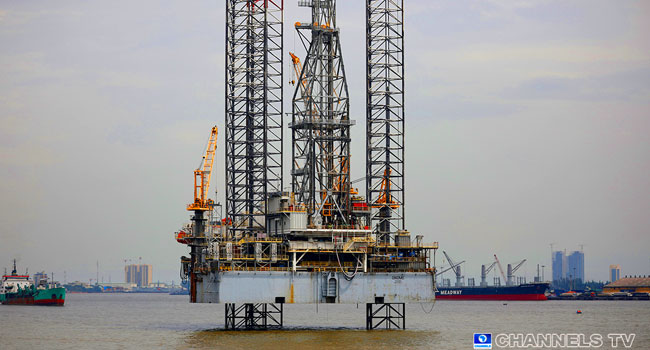A survey conducted by the Socio-Economic Rights and Accountability Project (SERAP) has revealed that the Nigeria Police and the Power Sector are the most corrupt public institutions in Nigeria.
The survey which was launched by Professor Akin Oyebode on Tuesday in Lagos said the exercise captured responses of Nigerians and 70 percent placed the Judiciary, Education and Health ministries next, to complete a top five list.
Oyebode noted that; “Nigeria is looked upon as a giant of Africa. Yet Nigeria could not conduct free, fair and credible elections. It is a smear on the image of Nigeria. If we do away with selective enforcement and condonation of corruption, we will build and live in a better society. Corruption is a refined form of stealing. The politicians are stealing our common patrimony. Development of the people is almost inversely proportional to the level of corruption.”
READ ALSO: Five-Year-Old Kidnapped In Delta Rescued In Nasarawa – Police
However, the survey highlighted that the high levels of corruption in public institutions in Nigeria had not changed in the last five years.
According to the survey, “a bribe is paid in 54% of interactions with the police. In fact, there is a 63% probability that an average Nigerian would be asked to pay a bribe each time he or she interacted with the police. That is almost two out of three.”
“Corruption remains a significant impediment to law enforcement, access to justice and basic public services such as affordable healthcare, education, and electricity supply. Several Nigerians have to pay a bribe to access police, judiciary, power, education and health services. Corruption is still a key concern in the country with 70% of Nigerians describing the level of corruption as high and in the same measure, stating that corruption levels either increased or remained the same in the last five years.”
“The police were the most adversely ranked on this indicator. For every 100 police interactions reported by the respondents, there was a bribe paid in 54 interactions. The prevalence levels stood at 37% in the power sector and 18% in education, 17.7% in the judiciary and 14% in the health sector.”
The survey urged the Inspector General of Police (IGP), Mohammed Adamu, The Chief Justice of Nigeria and the National Judicial Council should investigate complaints of bribery and corruption against police officers and review all outstanding cases of judicial corruption.
“The Inspector General of Police should receive and investigate complaints of bribery and corruption against police officers filed by members of the public. The police should liaise with community leaders and civil society organisations in regard to incidents of police bribery and corruption within the community.”
“The Chief Justice of Nigeria and the National Judicial Council should identify and review all outstanding cases of judicial corruption and refer such cases to appropriate anti-corruption agencies. They should apply the Code of Conduct for Judicial Officers in a consistent and transparent manner, with full respect for the fundamental guarantees of fair trial and due process.”
According to SERAP, the survey targeted a total of 2,655 respondents selected from seven states spread across the six geo-political zones of Nigeria and the capital city of Abuja.




